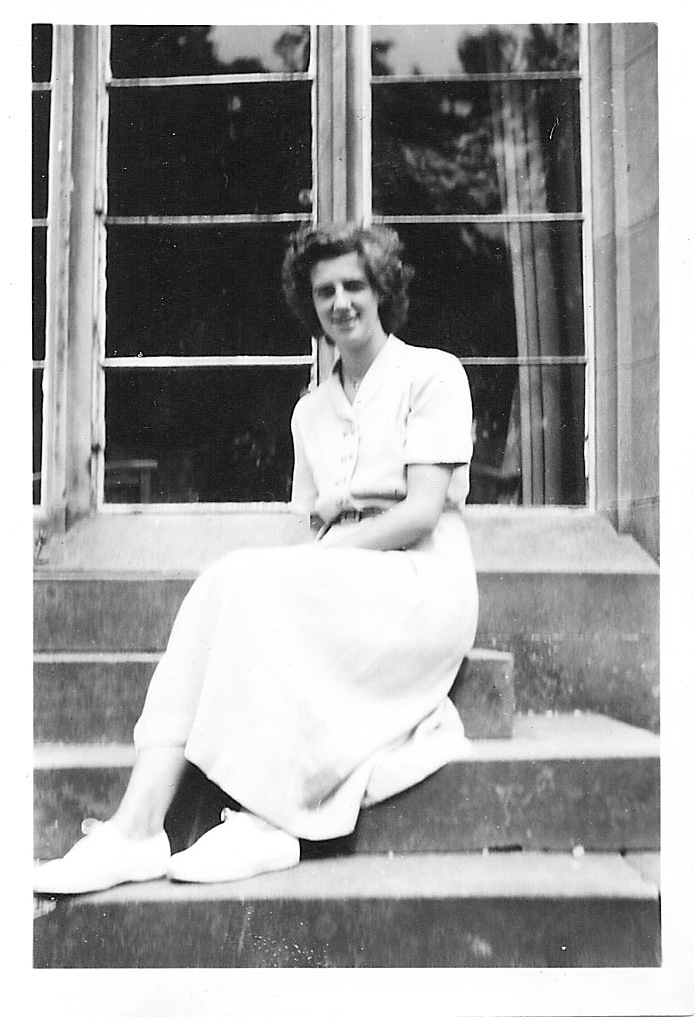Behind the dedication
 As I began writing my first book, I wondered how authors chose those significant words to open their work. I already knew that I wanted to dedicate Prayer Zone Workout to my mother. Her commitment to prayer was something I admired and an example to me of how I should pray. My mother prayed continually, particularly for her children and grandchildren.
As I began writing my first book, I wondered how authors chose those significant words to open their work. I already knew that I wanted to dedicate Prayer Zone Workout to my mother. Her commitment to prayer was something I admired and an example to me of how I should pray. My mother prayed continually, particularly for her children and grandchildren.
A few months into writing the manuscript, I received bad news. My mother had only a few weeks to live. The cancer that invaded her body had gotten the upper hand. Although she had received many treatments, her doctors said that there was no more they could do. I flew from my home in America to be with her in England. As I sat on the hospital bed set up in the living room of my parents’ house, I told my mother the book I was writing would be dedicated to her. I do not know if she understood; she was too ill to articulate a response. Instead, she only gazed at me for a while.
In the following weeks, the dedication became to the memory of my mother, Patricia Elizabeth Mullender. One year later, my father died. He, too, had lived with cancer for many years. But without my mother, he seemed to lose the desire to go on in this world.
It was while my sister and I were sorting through our parents’ belongings in their home I came across a postcard with the following words:
Acquire the habit of speaking to God as though you were alone with God. Speak with familiarity and confidence as to your dearest and most loving friend. Speak of your life, your plans, your troubles and joys, your fears. In return, God will speak to you—not that you will hear audible words in your ears, but words that you will clearly understand in your heart.
The quote is attributed to Alphonsus Liquori, an Italian Catholic bishop from the eighteenth century. His words were printed on a postcard and pinned to a corkboard that hung above my mother’s computer in the kitchen. At first, the card was out of sight. I uncovered it only as I carefully removed photographs of grandchildren (my parents had fifteen) and prayer bulletins from church and various organizations.
Tiny holes were scattered around the postcard’s edges, indicating it had lingered for some time on the corkboard, repositioned as other items were added and removed. I wish I knew the card’s history—when, where, and how my mother acquired it. But I know why she considered it special. The words immediately resonated with what my mother had taught me regarding prayer, and with what I hoped to convey about the practice of prayer in my book. This, I knew, was my quote.
Today my mother’s postcard is pinned to my own corkboard, sitting above my desk and laptop in my office. As you read Prayer Zone Workout, I trust you, too, will come to understand the significance of the words—not only because of this story, but by the meaning they will gain as you develop your own Prayer Zone Workout.
© 2013 Rachel Britton
Leave a Reply